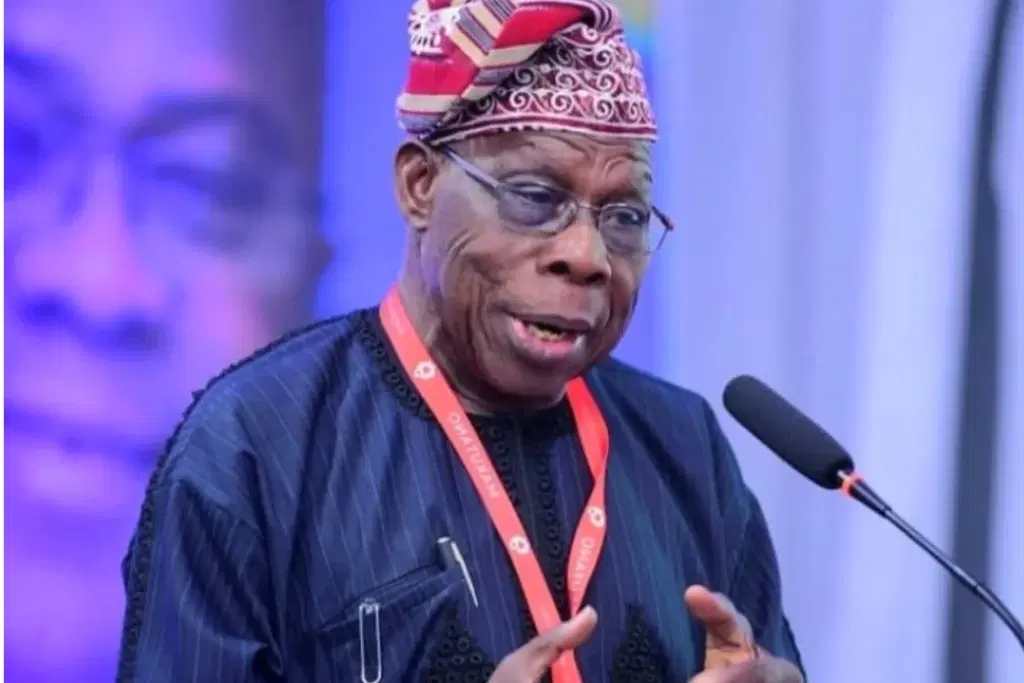By Kingsley Omonobi
Former President Olusegun Obasanjo has said Nigeria can only overcome the Boko Haram insurgency if political and security leaders go beyond the prevailing narratives about the sect.
Speaking in Abuja on Friday at the public presentation of “Scars: Nigeria’s Journey and the Boko Haram Conundrum,” a book authored by former Chief of Defence Staff, Gen. Lucky Irabor (retd.), Obasanjo stressed the need for deeper understanding of the group’s origins and motives. He recalled visiting Maiduguri in 2011 after the UN office bombing to engage directly with insurgents.
“I found they were not really aiming for anything political or seriously religious, but seeking a better life,” Obasanjo said, questioning why the insurgency still persists after 15 years. He urged more proactive strategies, warning that Boko Haram, banditry, and kidnapping have now become intertwined.
Also speaking, Bishop Matthew Hassan Kukah of the Catholic Diocese of Sokoto, said the insurgency reflects scars of unaccounted-for victims like Leah Sharibu and the Chibok girls. He faulted the misnaming of the group as Boko Haram, noting that their self-identity — Jama’at Ahl al-Sunna li al-Da’wa wa al-Jihad — signals a deeper ideological struggle.
Kukah argued that military force alone cannot defeat the sect since insurgents fight to die while soldiers fight to live. He added that some northern politicians exploit religion for power, warning that “Islamism,” the use of religion to enforce political authority, is destructive to Islam itself.
Former National Security Adviser Babagana Monguno identified defective governance and lack of national cohesion as major impediments to peace. “You cannot address insecurity in the absence of national cohesion,” he said, stressing that governance failures fuel conflicts.
On his part, the Sultan of Sokoto, Alhaji Sa’ad Abubakar III, clarified misconceptions about jihad, stressing it means “to strive” for excellence, not violence. He said the insurgents’ real grievance is bad governance, not rejection of education.
“Many of them have been educated. Their grievance is rooted in bad governance; they want freedom and the right to live as they feel they should,” the Sultan explained.
The event underscored a consensus among the speakers that defeating Boko Haram requires fresh thinking, inclusive governance, and recognition of the complex interplay of ideology, governance, and social justice.
The post Obasanjo, Kukah, Sultan call for fresh thinking to end Boko Haram insurgency appeared first on Vanguard News.

